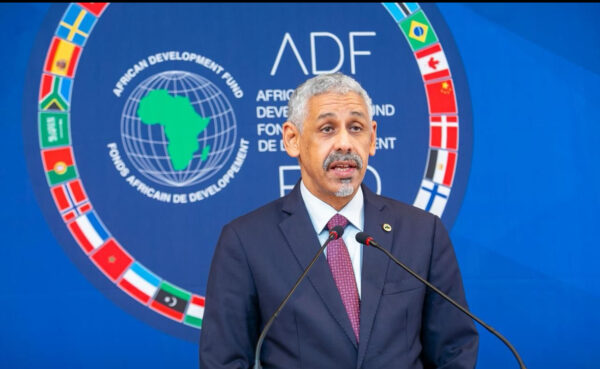The United Kingdom will host the 17th session of announcements of contributions to the African Development Fund (ADF) in December, marking a strong political step in the 2026-2028 cycle of the concessional window of the African Development Bank (AfDB) Group.
A signal of the expected return from a historical contributor, which, after years of budgetary caution, reshuffles the cards of international solidarity in favor of African development.
The announcement, made by Baroness Jenny Chapman, British Minister of State for Development and Africa, following a meeting with Sidi Ould Tah, President of the AfDB Group, on the sidelines of the United Nations General Assembly, serves as a reminder to major donors. London intends to play a leading role again in the replenishment of the ADF-17, inviting development partners to make “ambitious and sustainable contributions”.
This session, which will bring together all partners of the African Development Fund in London, aims to ensure the continuity of a strategic instrument for 37 low-income African countries, whose budget margins are particularly limited. Since its creation in 1972, the Fund has mobilized over $45 billion in concessional financing, supporting access to electricity, water, sanitation, and agriculture for tens of millions of Africans.
But behind the diplomatic announcement, a broader movement is emerging: the gradual return of contributing countries that had been withdrawing since 2020, in a global context marked by the contraction of public aid and post-Covid national priorities. By hosting this session, the United Kingdom seeks to reaffirm its international credibility while supporting the financial innovation strategy promoted by the AfDB.
For the first time, the ADF could access capital markets through a leveraging mechanism of its own resources – a small revolution for an instrument historically limited to grants and concessional loans.
In London, a “Private Sector Day” will also punctuate the meeting, bringing together companies, institutional investors, and development financing institutions around a common goal: to transform the Fund into an investment catalyst, rather than just an aid window.
“This is a call to action for a strong replenishment of the ADF-17, which is both an investment in Africa’s development and in shared global prosperity,” said Sidi Ould Tah.
At the crossroads of political imperatives and the structural needs of the continent, the London session is therefore shaping up to be a real test of the donors’ willingness to reinvest in African growth, at a time when global geoeconomic balances are being redrawn.


